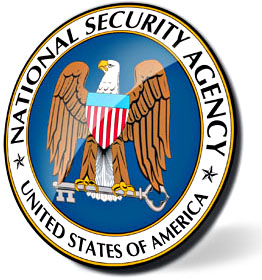In a normal court case, there are lawyers on both sides. But when the secret FISA court is deciding whether to approve the collection of phone records on 300 million Americans, only one side gets a lawyer. In fact, there’s  only one side, period. Greg Sargent reports on a proposal to fix this:
only one side, period. Greg Sargent reports on a proposal to fix this:
Dem Rep. Adam Schiff of California — one of the lawmakers leading the push for NSA reform — plans to introduce a new proposal that would deal with one of the worst problems with the programs: The fact that the Foreign Intelligence Surveillance Court only hears from the government when deciding whether to authorize surveillance.
Schiff’s proposal will require the Privacy and Civil Liberties Board — an agency within the Executive Branch that is supposed to monitor the balance between anti-terror policies and civil liberties — to create a pool of attorneys with experience in Fourth Amendment or national security law to argue the side of the public when the government requests a surveillance warrant.
….“These attorneys that would have the same access to classified material and same right of appeal as would the government’s attorneys,” Schiff continued. He noted that the proposal was still being drafted, and key details — such as how to define the cases that would require this step, and how to ensure that the FISA court follows this directive — are still being worked out.
“There has to be a mechanism to ensure the presentation of contrary views,” Schiff continued. “If it is entirely left to the FISA court there won’t be a lot of public confidence in it.”
Justin Amash’s amendment to defund the NSA’s phone records program may have failed, but it might return in modified form later in the year. And Sargent reports on several other FISA reform proposals making the rounds of Congress as well. This is the legacy of Edward Snowden. I doubt that there will be any fundamental changes to the surveillance state we’ve built up over the past few decades, but we might get a little more transparency and a little more oversight. That’s not much, but it’s something.


















